By Ben Potter
When we talk about money in the ancient world, we are talking about coins… or at the very least, metal.
Now, not surprisingly, the Greek philosophers of the day had plenty to say on this topic… but before we recount at what the likes of Aristotle and Plato thought about coinage, let’s take a look at the precious little discs themselves.
The ancient Greek drachma enjoyed ten centuries of popular usage from the Archaic period right up until Roman times. As such, it was not only one of the earliest unified and accepted world currencies, it was also one of the world’s longest serving monetary units.
N.B. The modern Greek drachma (1832 – 2001) can only be thought of as the ‘same’ currency by the most romantic of Hellenophiles.
Greek coinage seems to have originated around 600 BC and was originally made of electrum, a naturally occurring gold/silver alloy… though over time silver became the metal of choice.
A drachma was worth six obols which, though later coins themselves, were originally large metal sticks. An average man could carry six of these valuable stakes in one hand, thus giving etymological rise to the drachma (literally, a fistful).
The increasing commercial and political power of the Greek states meant that the coins were in use all over the Mediterranean basin – from Persia to Carthage to Italy. They even reached as far as the western dwelling Celts.
Despite their ubiquity, drachmae were not universally assumed to have the same value, but instead depended on the reputation of the city in which they were minted.
Nonetheless, these handy coins were undoubtedly an essential part of everyday life. Indeed, they were also needed in the hereafter! It was standard practice to place a coin in the mouth of the deceased, thus enabling them to pay the ferryman, Charon, to convey them into Hades.
However, you may be of the opinion that all of this is just nickel-and-dime stuff. Much more important is: what did the great minds of the age have to say about coinage?
Well, the great student/master double-act, Aristotle and Plato, had clear and distinct thoughts about what a currency should be.
Plato’s ideas about money were like many of his on other topics i.e. largely theoretical, rhetorical and meant to generate intelligent discussion rather than provide a binding dogma for the state to follow.
Well that, and rooted in what critics would describe as socialist principles and what supporters would describe as…. well, socialist principles.
Plato spurned the idea of common money having any value and was therefore against using gold or silver coinage. Instead he preferred some officially recognised, accepted, but intrinsically worthless ‘tokens’ – much like the tickets you win at the fairground, but exchangeable for more than merely huge, stuffed Garfields.
That said, he did think that a standardized Greek currency of actual value could be useful for transactions between governments or traveling citizens… but not compatriots within the same city.
As for Aristotle, he often took a capriciously contrary view to his mentor and this instance was no exception. Though it is commonly accepted, with historical hindsight, that he ‘won’ the day with his ideas about money.
He didn’t do much to justify the necessity of it, but took the more practical approach; i.e. he considered its necessity to be self-evident:
“When the inhabitants of one country became more dependent on those of another, and they imported what they needed, and exported what they had too much of, money necessarily came into use”.
Sometimes even slightly patronisingly so:
“The various necessaries of life are not easily carried about”!
Nonetheless, Aristotle was clear in his distinction between money and wealth:
“How can that be wealth of which a man may have a great abundance and yet perish with hunger, like Midas in the fable, whose insatiable prayer turned everything that was set before him into gold”?
He also considered the key problem therein to be that, whilst a man could have evidently adequate wealth, there seemed to be no limit in the amount of coinage citizens wished to accrue:
“There are two sorts of wealth-getting, as I have said; one is a part of household management, the other is retail trade: the former necessary and honorable, while that which consists in exchange is justly censured; for it is unnatural, and a mode by which men gain from one another”.
However, Aristotle reserved his true contempt for the money-lenders:
“The most hated sort, and with the greatest reason, is usury, which makes a gain out of money itself”.
In addition to all of the above, and unlike Plato, Aristotle was dogmatic about what a currency should be.
He considered that coinage must be:
- Durable – it must survive the trials and tribulations of daily life, i.e. of being carried around in people’s pockets, purses, or in the case of obols, in people’s mouths (this was in everyday life, not only for funerals)!
- Portable – a small item should be of a high value.
- Divisible – breaking a coin, either figuratively or literally, should not affect its relative value.
- Fungible – mutually exchangeable i.e. it doesn’t matter which particular coin you have as long as you have one.
- Intrinsically valuable – the coin’s material should be a worthwhile commodity.
Whilst largely in concord, it was in the practicalities of this last criterion that Xenophon, a student of Socrates, disagreed with Aristotle.
He considered that the value of silver should be fixed regardless of how much could be procured. Aristotle conceded that it needed to be controlled and not allowed to spiral freely, but must still must be treated as a commodity rather than simply a currency.
Aristotle’s ideas have been used throughout the ages in order to justify or denigrate various economic policies and innovations; from fiat printing to the most recent phenomenon of crypto-currencies.
Indeed, ignoring this fifth tenet of Aristotle’s is what some believe helped bring about the hyper-inflation in the latter days of the Roman Empire – a potential source of its inevitable fall.
While poetical sound-bites, like this one from Aristotle’s dramatic predecessor, Sophocles, pleasantly roll off the tongue to make neat, glib maxims:
“Money: There’s nothing in the world so demoralizing as money”.
…and are well backed up by the homespun idealism of Socrates:
“I tell you that virtue is not given by money, but that from virtue comes money and every other good of man, public as well as private”.
…Aristotle was far more practical and prescient. Not only did he outline what a currency should be, but also what a society could become given its absence.
From the lofty ideals embedded in his lengthy prose, Aristotle allows us to infer that he would have rejected any ‘the root of all evil’ tub-thumping out of hand. Indeed he would have considered the exact opposite to be true… that money could help elevate man out of the mire and that the true evil was not the coin itself, but its absence.
He most succinctly and sagely put it thus: “Poverty is the parent of revolution and crime”.
And it is with such pragmatic principles that his ideas have outlasted even the drachma itself.
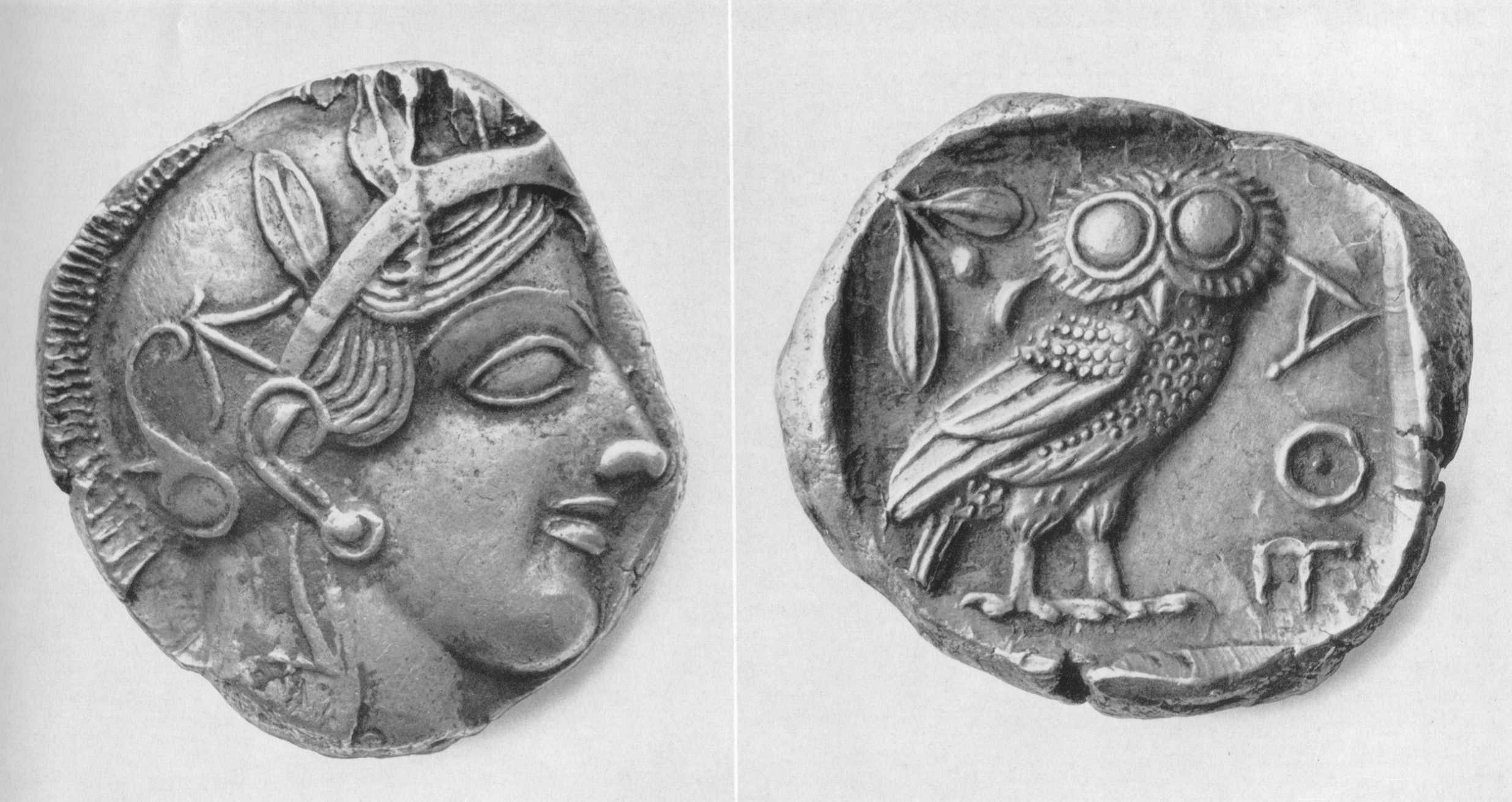
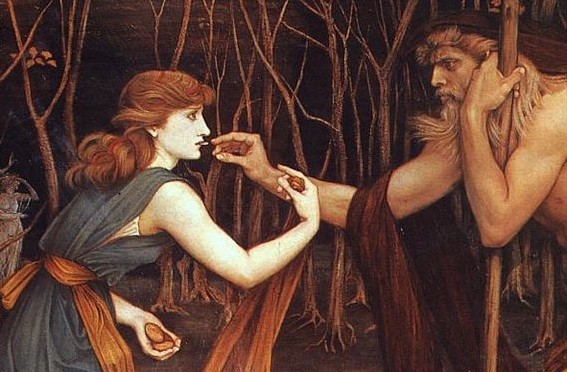
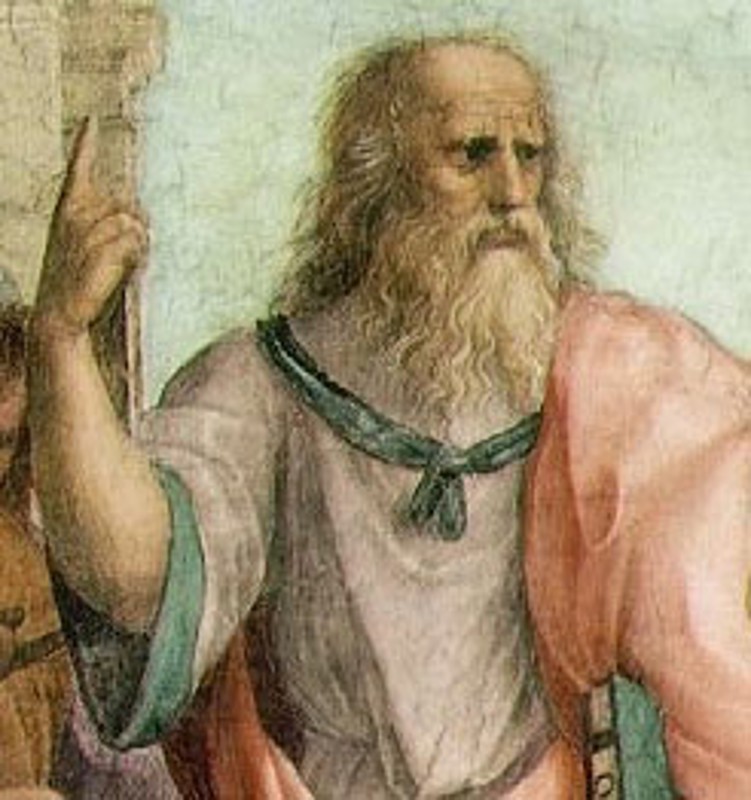
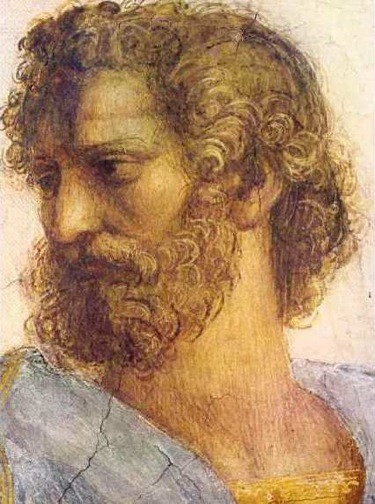
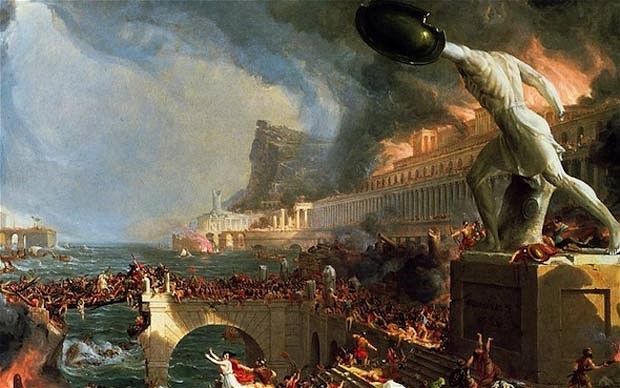

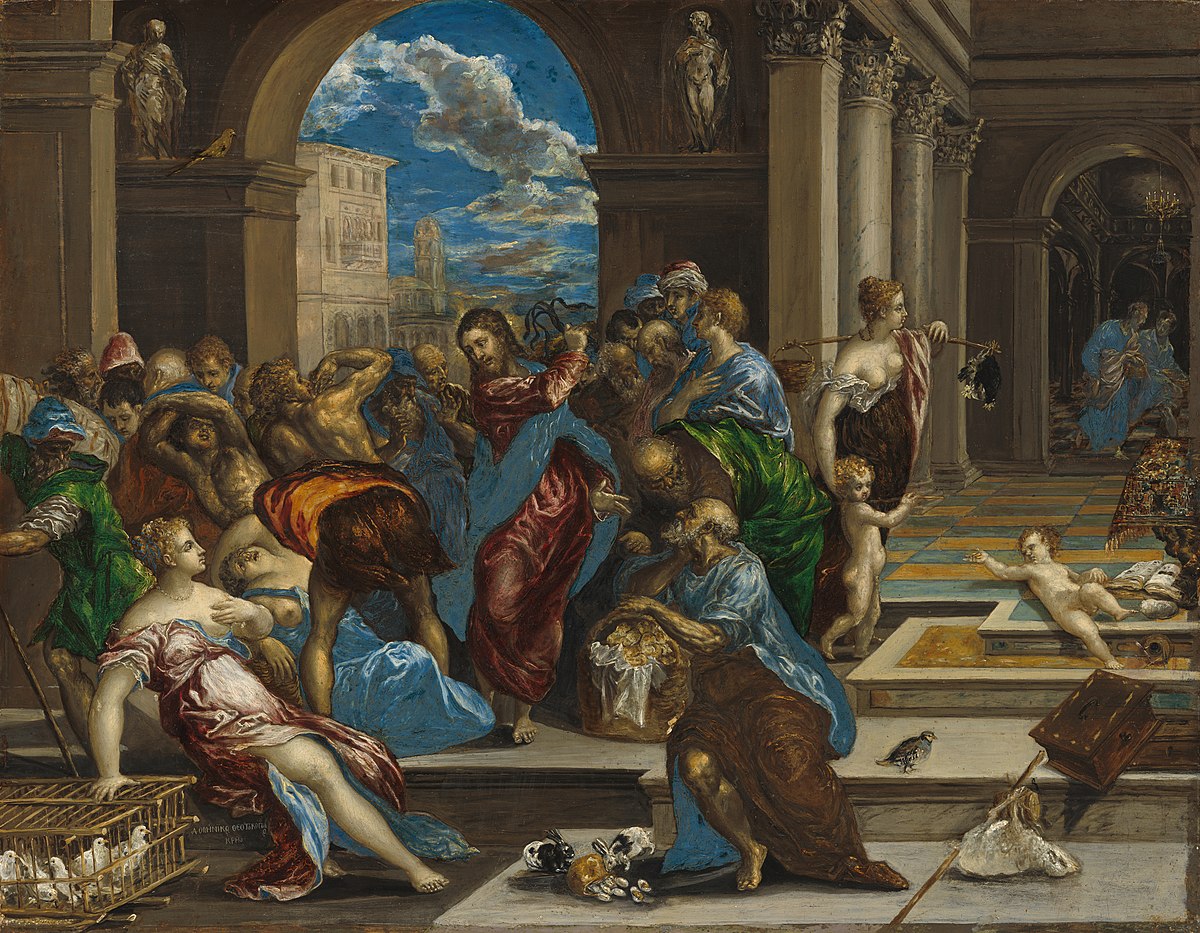








2 comments
Great article
This website has helped me so much with my geography research. Thank-you so much
Our apologies, you must be logged in to post a comment.